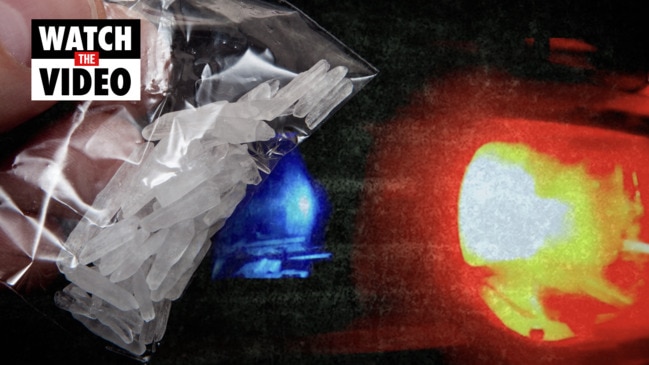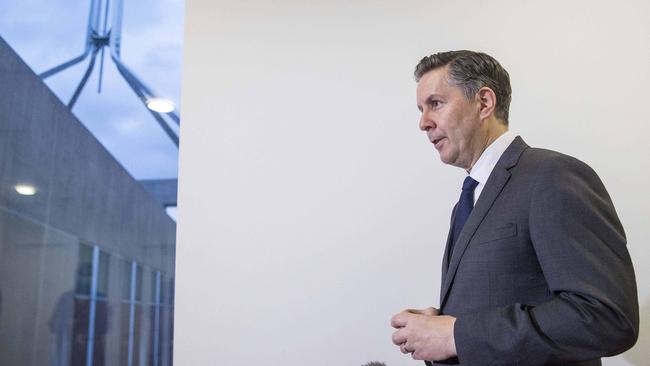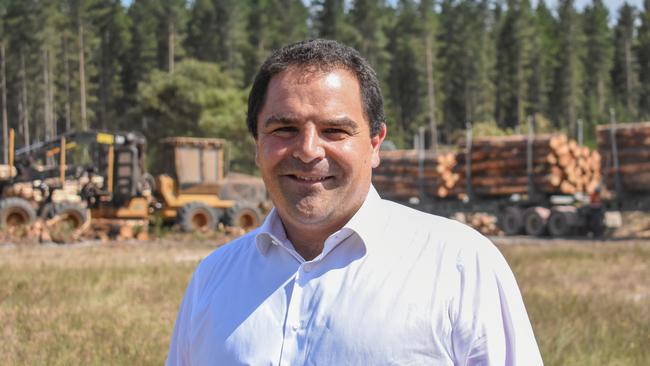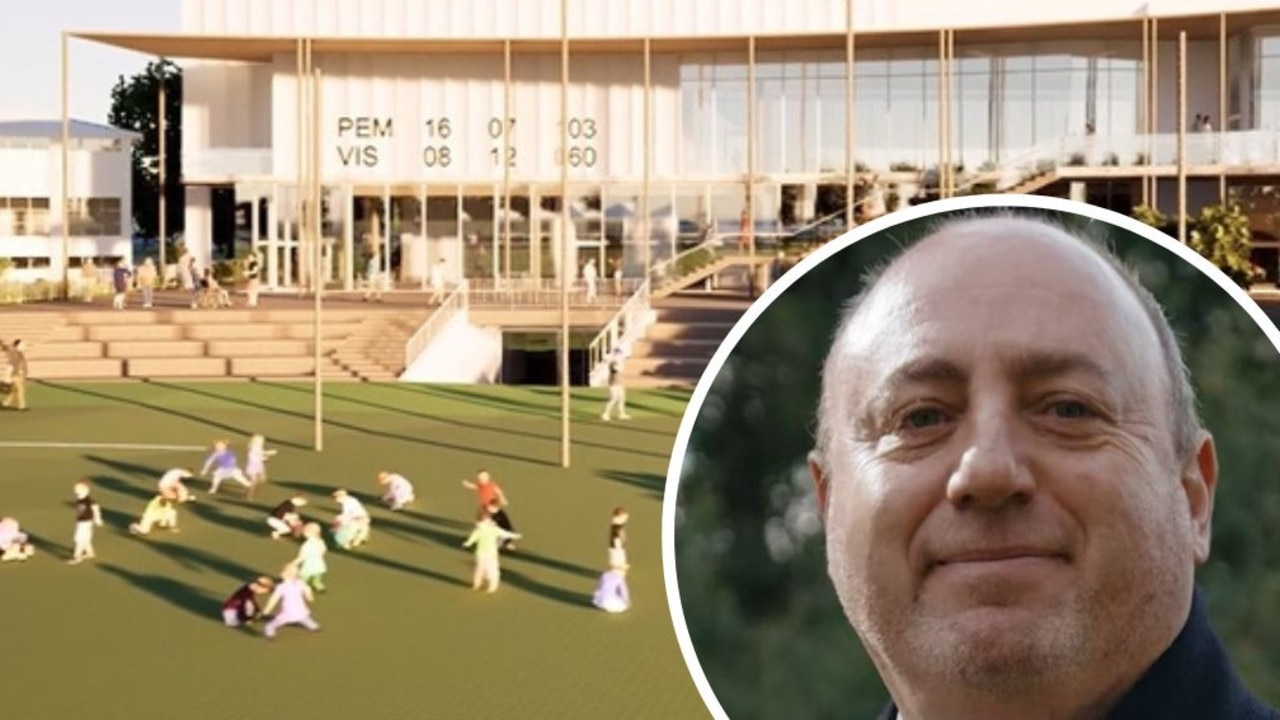Drug and rehab services at risk of closure amid federal funding delay
Critical funds will be delivered “as quickly as possible” the government says but for SA regions that could still mean deadly delays.

SA News
Don't miss out on the headlines from SA News. Followed categories will be added to My News.
Recovering drug users are at risk of falling back into the insidious grip of addiction as rehab and treatment services face closure amid worrying federal government funding delays.
At least three services in SA’s regions are still waiting on millions of dollars in crucial funding that was promised under the Coalition’s National Ice Action Strategy two months before the May federal election.
The Health Department would not reveal how many services across the country were still waiting on potentially lifesaving money – confirming only that it would be provided “as quickly as possible”.
The Murray Mallee General Practice Network warned its drug and alcohol programs, including one-on-one counselling, would be cut at the end of the month unless its promised $1m funding injection for the next two years arrived.
Network chief executive Cathy Spanton wrote to Health Minister Mark Butler urging him to take immediate action.

“(The) Murray Mallee Region is a highly disadvantaged rural area,” Ms Spanton wrote.
“Our community do not have the means to travel to access these much-needed programs, meaning their ongoing treatment is compromised, and a return to the use of drugs and alcohol is likely.”
Before the election, the Coalition announced $315m of extra funding over four years for the National Action Strategy, plus an extra $27.9m for drug services in “identified areas of need”. The latter funding pool includes $13.3m over two years promised to South Australian projects.
The Limestone Coast Local Government Association is waiting on $363,000 in funding, while Uniting Communities has been promised more than $1.6m for its “New Roads” rehab service.
Barker MP Tony Pasin said the National Ice Action Strategy, set up in 2016, had helped thousands of people battling drug addiction.
“This is particularly important in regions that are not in close proximity to metropolitan-based alcohol and other drug services,” Mr Pasin said.
“To have these programs cease would leave a substantial service gap in these communities.”
South Australians consistently rank among the highest methamphetamine users in the nation.

Mr Butler did not respond to The Advertiser’s questions, but a health department spokesman said the federal government was still committed to the National Ice Action Strategy.
“Organisations have been advised they will be receiving funding and the (department) is working to progress funding as quickly as possible, consistent with requirements under the Commonwealth Grant Rules and Guidelines,” the spokesman said.
“The Department is working to have funding arrangements in place as soon as possible and to minimise any impact on services.”





